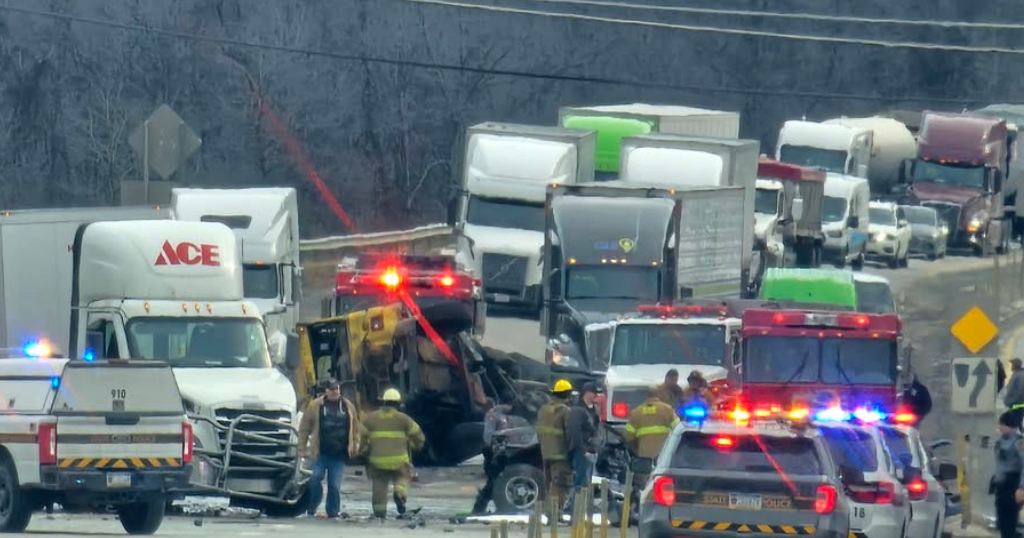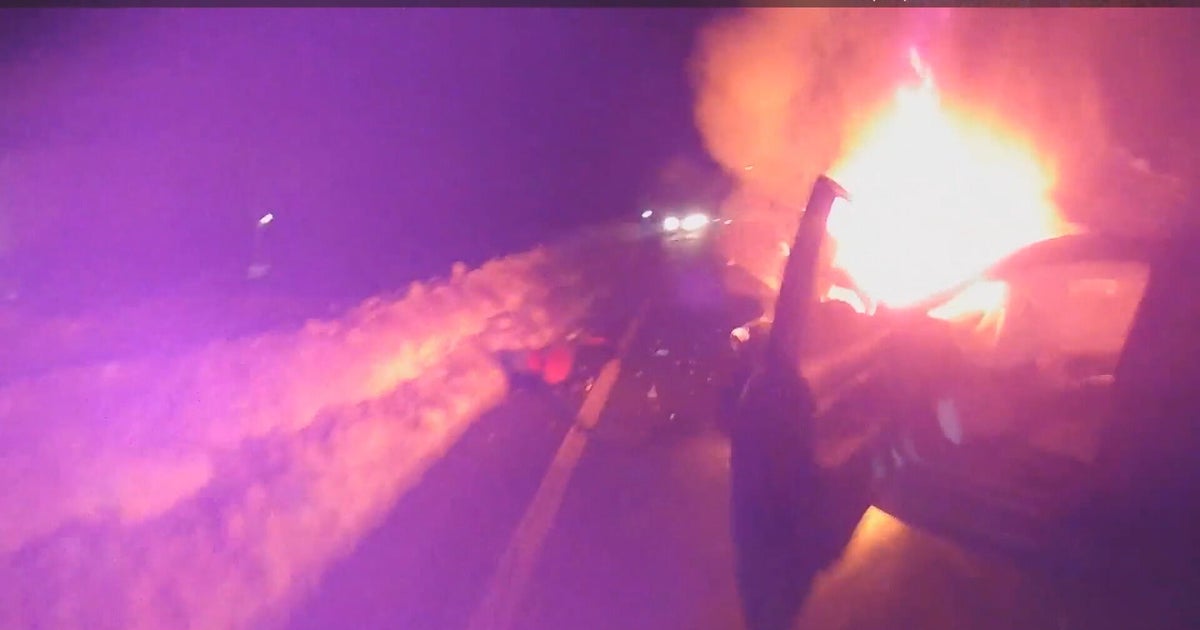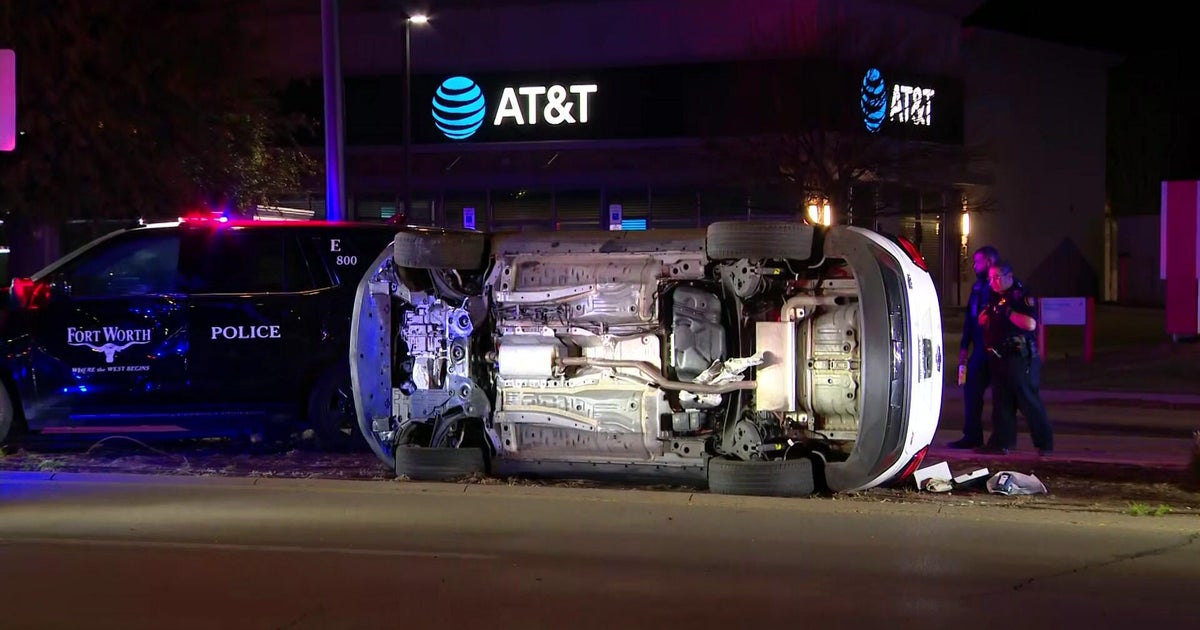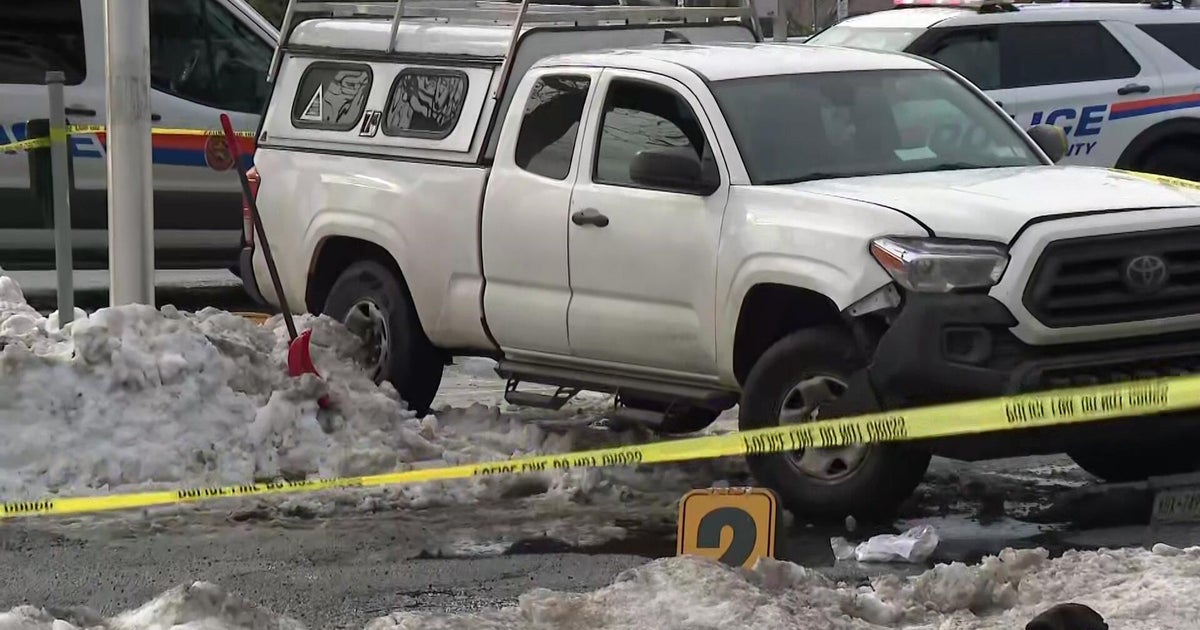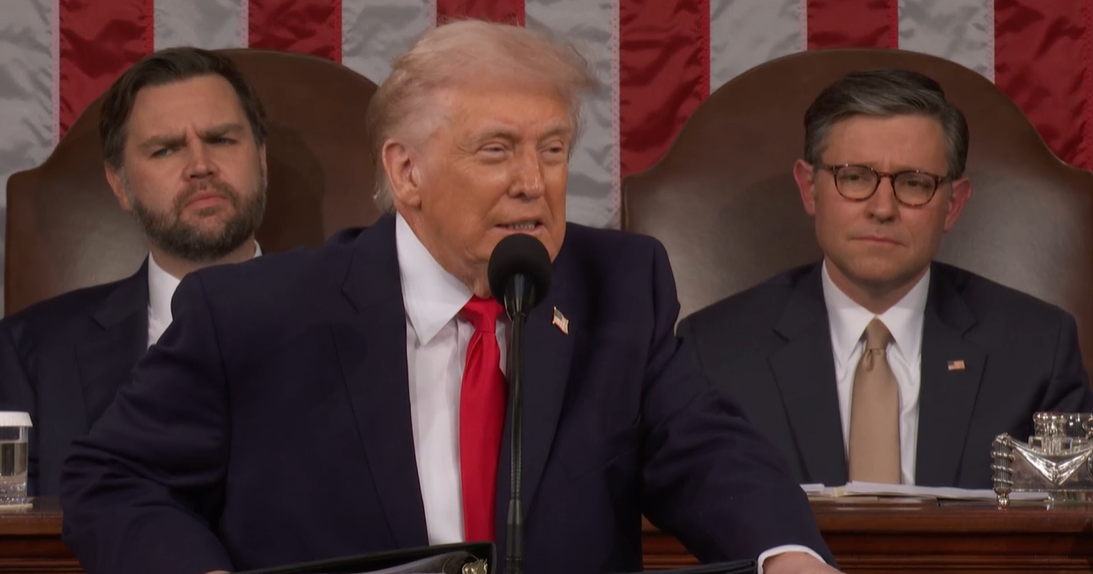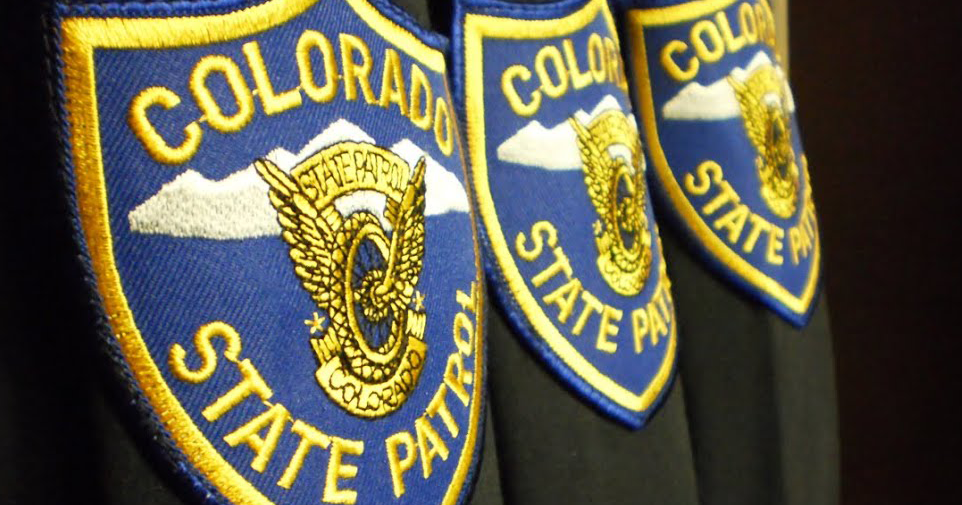Questions Linger In Texas Train Accident That Killed 4 Veterans
MIDLAND (CBS 11 NEWS) - Sitting inside her North Carolina home, not far from a memorial honoring her husband, Angie Boivin wipes away the tears as she relives November 16, 2012.
"We were just, um, on the float going down the middle of the road," she said.
Boivin was among a group riding through the town of Midland on a flatbed truck. It was supposed to be a day of celebration honoring Boivin's husband, Sgt. Maj. Larry Boivin, and 11 other highly decorated veterans.
"I saw the [crossing] arm go down." Then Boivin said she saw the train coming, but did not realize how close it was -- but her husband did. "My husband actually pushed me off the float," Boivin tearfully told CBS 11 News.
By pushing her off the truck Angie's husband had saved her life. She then watched the train hit and kill her spouse and three other veterans. More than a dozen other people were injured.
The Union Pacific train was going 67 miles an hour.
In a final report, released in November, the National Transportation Safety Board blamed parade organizers and the City of Midland, but the I-Team continues to investigate what role Union Pacific and the state of Texas may have played.
"This railroad knew...that its crossing was malfunctioning and it has done everything in its power to cover that up," claimed Attorney Bob Potroff, who represents the veterans in the accident. "The railroad admits the system malfunctioned? That's never going to come out in the press with this railroad. Never!"
But the information did come out in documents obtained by the I-Team and just released by Union Pacific to the attorneys of the families.
Union Pacific says it had detected a "frequency issue" at the crossing months before the accident. This means there could be a problem detecting the train.
"Had Union Pacific undertaken to fix the problem with the installation, these veterans would not have died," said Dallas lawyer Steve Malouf, who also represents families hurt in the accident.
In the NTSB's final report, it calls the "frequency issue" an "oversight by Union Pacific" which would have "caused slight delays in the train detection time."
However, the NTSB did not hold Union Pacific responsible for the failure. Its report says the crossing still provided a 20-second warning. That is the federal guideline.
On November 16, 2012, the veterans and their families were given 20.4 seconds warning.
But the I-Team has obtained state documents showing Union Pacific and the state agreed there should be a 30-second warning at the crossing.
"I don't know why they haven't enforced the 30-second warning at this crossing. ...There is a relationship. It's a good ole' boys network," Potroff said, referring to Union Pacific's relationship with the NTSB and the Texas Department of Transportation.
New court documents also reveal attorneys for the victims repeatedly asked for signal times and data recorded in the box at the train crossing. The latest motions filed by the attorneys for the families say "It now appears that this important data...has been intentionally destroyed or overwritten."
Potroff and Malouf tell the I-Team they have repeatedly reported their findings to federal and state authorities. "The lack of analysis in the NTSB's report and the lack of analysis of the issue is disrespectful to these people," Malouf said.
For now, the legal battle drags on and Angie Boivin says she will fight. "It will never be equal justice...but to have some justice to what happened that day, not only for my family but for other families as well."
Union Pacific sent CBS 11 the following statement:
"The National Transportation Safety Board conducted a thorough review of this tragedy and in its final report concluded that train operation and railway infrastructure were not factors in the grade crossing collision or resulting injuries. Nothing the personal injury attorneys have alleged changes the Board's independent conclusions. We plan on working with the NTSB and communities across this country to address the need for more safety planning for public events such as parades."
A spokesperson with the NTSB sent this statement:
"As noted in the report, the signal did provide more than 20 seconds of warning as required so the federal standard was met.
We are not in a position to comment on statements made in depositions by UP and TxDOT.
The primary issue in this tragic collision was the failure of the city of Midland and the parade organizer, "Show of Support, Military Hunt, Inc." to identify and mitigate the risks associated with routing a parade through a highway-railroad grade crossing. The NTSB found that it was common for parades and special events to take place without much safety planning, and has therefore issued a number of recommendations that it hopes will lead to a more systematic accounting and management of hazards among parade and event organizers."
(©2013 CBS Local Media, a division of CBS Radio Inc. All Rights Reserved. This material may not be published, broadcast, rewritten, or redistributed.)
Latest News:
Top Trending:
- Cowboys Fan Attacked, Beaten After Thanksgiving Day Game
- Texas Gov. Perry Signs "Merry Christmas" Bill
- Icy Weather Cancels Flights At DFW Airport
- Before Drug Sentencing Former Cowboy Sends Letter To CBS 11
- 4th Abduction Attempt In Tarrant County
- PHOTOS: Your Pet Pictures
